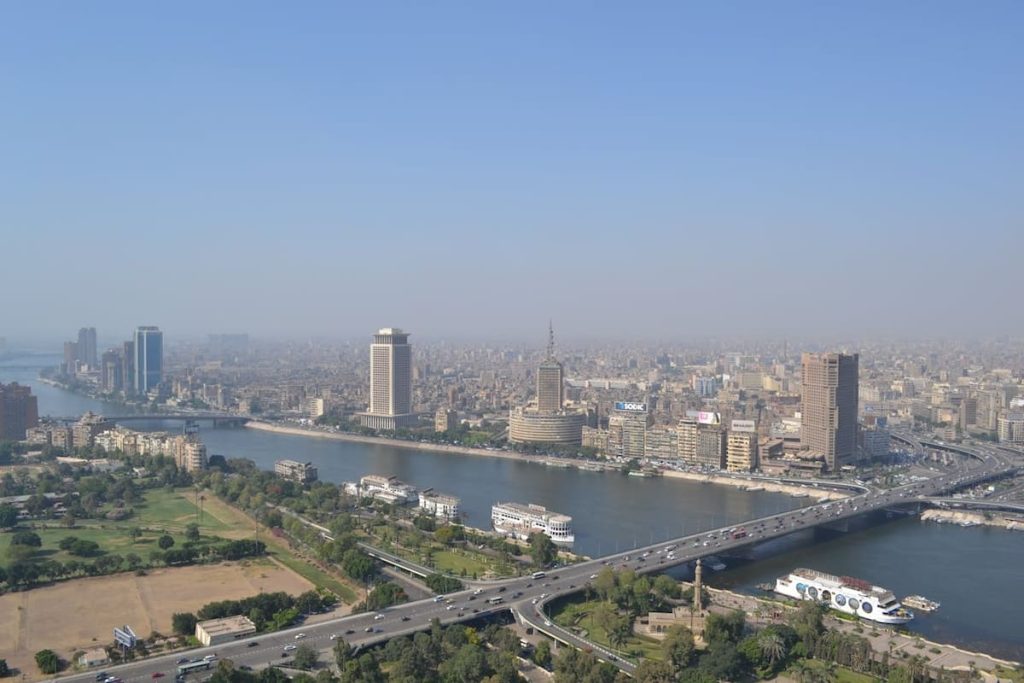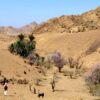Is Egypt Safe? An Insightful Journey
“Is Egypt safe?” It’s a question that often catches me off guard. When guests asked, I initially assumed that seeing scenes like donkeys strolling alongside cars and pedestrians, or a man balancing a basket full of bread on his head while riding a bicycle, might be making them feel uneasy. To me, these were just normal parts of daily life. I also thought that the way people drive—with a sort of freewheeling, intuitive style—and how people cross the street, darting between cars with practiced ease, might be contributing to their concerns. As Egyptians, we rarely discussed safety; it was simply a given, woven into the fabric of our daily experiences. It took me some time to realize that their questions weren’t about these everyday sights or driving habits, but about other aspects of safety we hadn’t considered. Eventually, I understood that their concerns were about underlying issues that weren’t as obvious to us because safety was just part of our everyday life.

To truly answer whether Egypt is safe, we need to specify which Egypt we’re talking about. Is it the Egypt before 2011, during the turbulent years from 2011 to mid-2013, or the Egypt of today?
Join me on a journey through time and experience as I delve into what ‘safety’ means in the context of Egypt and how it has evolved over the years.
Let Me Take You to Aswan
Let me take you on a journey to the enchanting city of Aswan, where time and memory blend into a mesmerizing tapestry of beauty and wonder. Growing up on the banks of the Nile River, my days were filled with desert warmth, the Nile’s serenity, and the genuine kindness of its people.
Imagine this: each evening, I’d stand by the lush Nile banks, watching as traditional feluccas glided across the shimmering water. The sunset turned the river into liquid gold, with white sails catching the fading sunlight against a vibrant sky. It was a surreal moment of tranquility and beauty, like stepping into a living painting.
Just beyond the city, the golden desert stretched endlessly. The warm, amber light cast an enchanting glow over the shifting sand dunes. The quiet was profound, with only the whisper of the wind and distant bird calls breaking the stillness. It was a place that connected me to something greater, offering peace and wonder.
The pyramids rising from the sands were awe-inspiring. These ancient marvels, silhouetted against the pastel sky, spoke of a civilization’s incredible artistry and engineering. Exploring them, I felt a deep connection to the history that shaped my world.
But it was the people of Aswan who touched my heart the most. Their kindness and warmth, whether sharing stories under the stars or greeting you with a smile, left an indelible mark on me. Their resilience and grace taught me the true meaning of strength and kindness.
Growing up in Aswan, surrounded by the Nile’s beauty, the desert’s mystique, and the warmth of its people, shaped my heart and soul in profound ways. These moments of peace, magic, and kindness are etched in my memory, reminding me of the extraordinary place I was fortunate to call home.
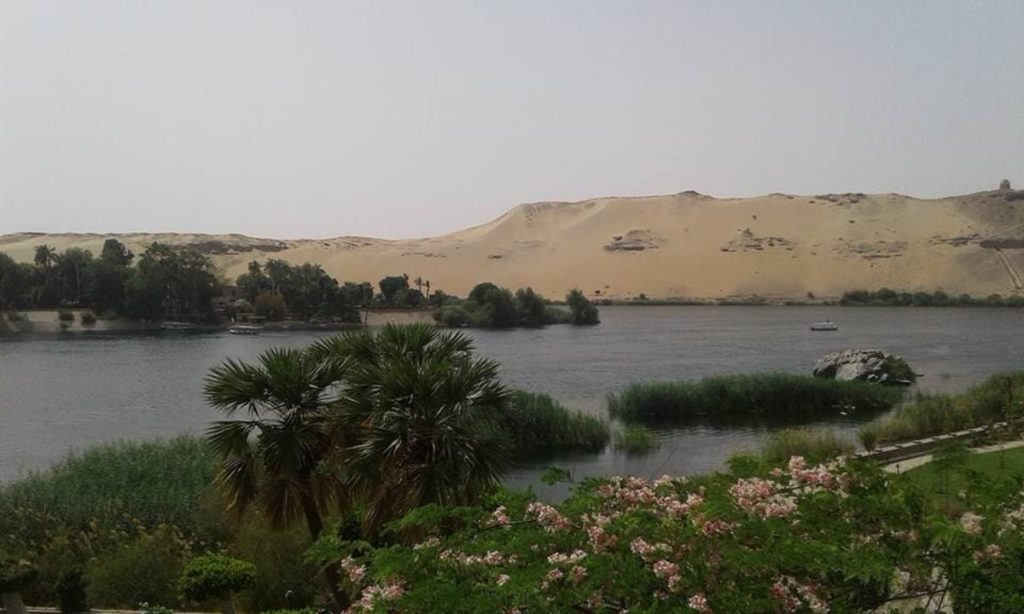
Moving from Aswan to Cairo: A New Perspective
As someone who grew up in Aswan, I always thought of peace and tranquility as the norm. That was until I moved to Cairo. For the first time, I heard my father say, “Take care of yourself; cities are not like villages.” I didn’t fully grasp what he meant until I spent a few years in Cairo. It became clear – the city was much larger, the pace of life much faster, and crossing the roads required great caution. Other than that, I noticed no major differences from my homeland.
To me, the safety and peace of mind I felt in Aswan seemed to be deeply integrated into the heart and soul of all places in Egypt. This belief stayed with me until I graduated from university and started working as a tour guide. That’s when I began receiving questions from my guests like, “Is it safe here?” and “Can I go out from the hotel at night?”
These questions puzzled me at first, as I saw Cairo through the same lens as Aswan – a place of safety and peace. But their concerns made me realize that perceptions of safety can vary widely based on experiences and expectations.
Evolution of Egypt's Social Contract (1952-2011)
Nasser Era (1954-1970)
During the Nasser era, Egypt underwent massive changes. Nasser came to power after the 1952 revolution and started focusing on building a nation where everyone felt secure. His policies were very much about ensuring that the state took care of its people. Imagine a time when the government was like a big, caring guardian, making sure everyone had what they needed to live. Nasser nationalized industries and launched land reforms, distributing land to the peasants. This meant that people didn’t have to worry about their basic needs. It was a time when you could believe in the saying, “No one will sleep without having dinner.” This created a society where people felt taken care of and could focus on being kind, cheerful, and generous. However, this also led to some people becoming a bit complacent or lazy, knowing that their basic needs were covered.
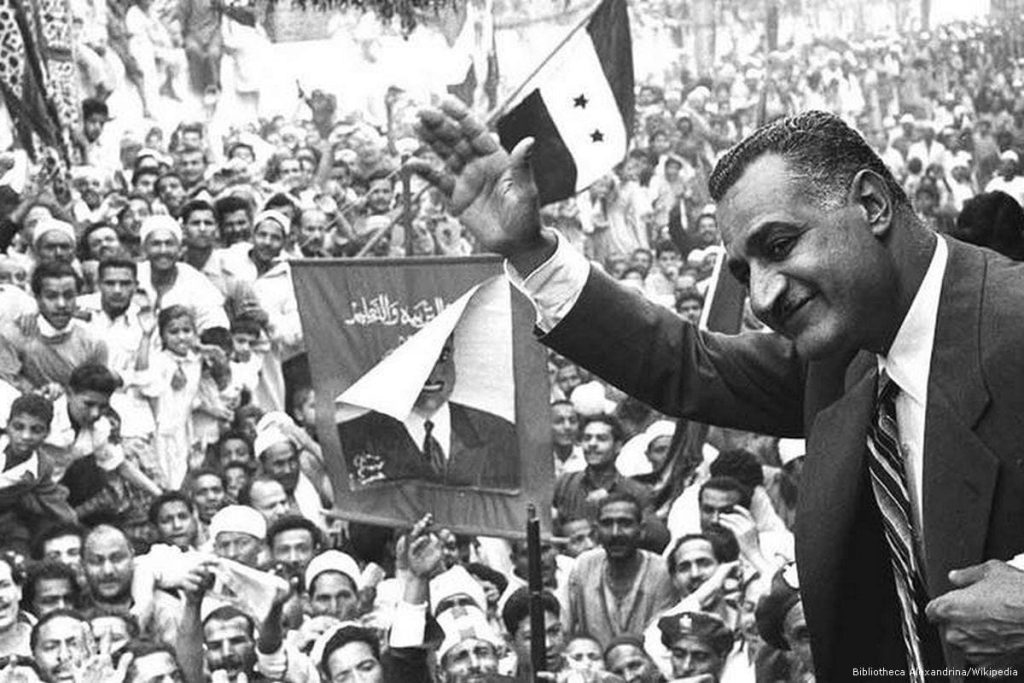
Sadat Era (1970-1981)
When Sadat took over after Nasser’s death, things started to change. Sadat introduced the Infitah, or “open door” policy, aiming to open up Egypt’s economy to private investment and foreign capital. The state began to step back from being the sole provider of social welfare. People were encouraged to take more personal responsibility for their economic well-being. While this brought some prosperity and development, it also meant that not everyone felt the same level of security they had under Nasser. Despite these economic changes, Sadat maintained tight political control, so people were still expected to stay loyal and avoid dissent.
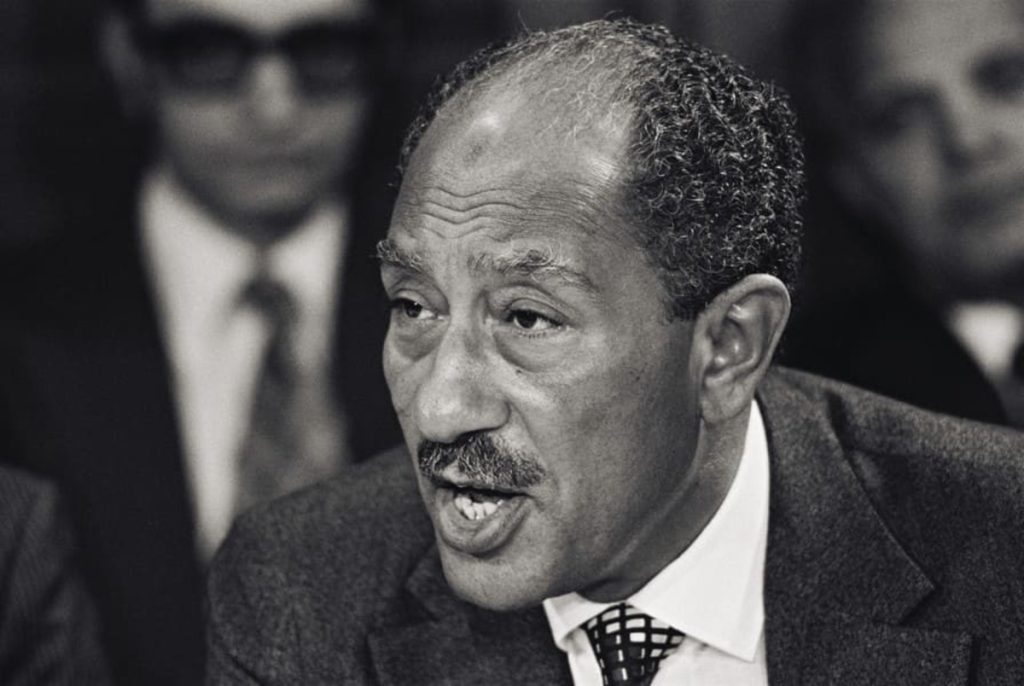
Mubarak Era (1981-2011)
The social contract established during Nasser’s time provided a sense of ease and assurance to everyone in Egypt. Reflecting the famous proverb, “No one will sleep without having dinner,” the state guaranteed that basic needs were met, creating a society where people felt secure and cared for. This foundation of stability allowed Egyptians to embrace their naturally kind, cheerful, and generous nature, leading to a culture where laughter came easily, and people were genuinely nice to one another. However, this same sense of security also contributed to a degree of complacency, with some becoming a bit lazy, knowing that their basic needs would always be met.
Then came Mubarak, who continued the path of economic liberalization. He pushed forward with opening up the economy, but it often seemed like the benefits were only reaching a small, elite group. Corruption and inequality started to grow. For the average person, life became more challenging, and the social safety nets that Nasser had put in place were no longer as reliable. Mubarak’s government promised stability and security, but in exchange, it demanded political loyalty and kept a tight grip on freedoms. Over time, people became increasingly frustrated. The youth, in particular, felt the brunt of high unemployment and limited opportunities.
Egypt before 2011
I vividly remember guiding my Japanese guests through local markets, particularly the elderly women who weren’t accustomed to traveling abroad. Their initial apprehension was palpable; many would cling to my belt or bucket, feeling uneasy about the bustling surroundings and the unfamiliar street chatter.
But within just 10 minutes, something magical would happen. They would start to see the markets for what they truly are: vibrant, welcoming spaces filled with warmth and charm. The initial fears would give way to smiles and laughter as they interacted with the locals, who treated them with incredible kindness and friendliness.
It was like watching a transformation unfold. The markets, with their lively energy and genuine hospitality, had a way of putting everyone at ease, making them feel as if they were among old friends. The once-daunting experience became a delightful adventure, showing that even the most unfamiliar places can reveal their special charm and make you feel right at home.
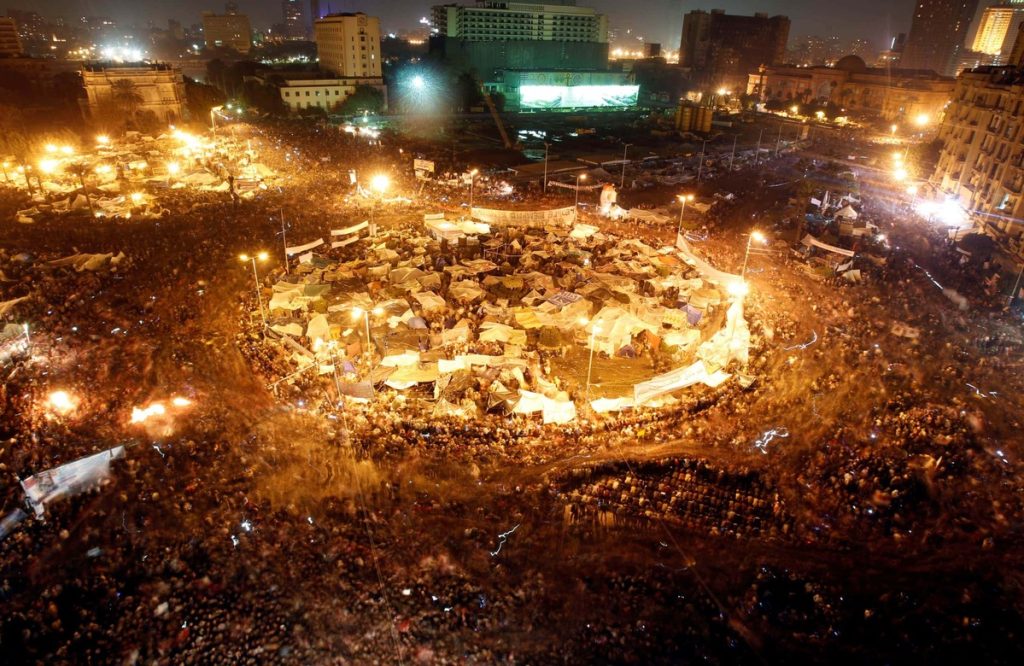
Don’t take my word for it
“Here’s a glimpse of what Lonely Planet’s 2010 edition says about Egypt and its people:
‘Perhaps no other people in the world say ‘Welcome’ so frequently – and mean it every time. Egypt’s ancient civilization still awes, but today’s Egyptians are pretty amazing, too.
Human Kindness: Egypt is the most traveler-friendly country in the Middle East. This means you’ll enjoy cheap buses, decent budget places to sleep, English spoken to some degree everywhere, and even good cold beers. It also means that if you ever get into a jam, an Egyptian will likely be there to help you out. Then again, an Egyptian will also be there to sell you some papyrus or perfume – an undeniable reality of travel here. But the souvenir sales are a minor irritant when compared with the chance to connect with some of the world’s most generous people.’”
This quote wonderfully illustrates the welcoming spirit and kindness prevalent in Egyptian culture, emphasizing both the historical and contemporary reasons why Egypt remains a top destination for travelers.
The Build-Up to 2011
By the time 2011 rolled around, the social contract had frayed significantly. The gap between what the government promised and what it delivered had grown too wide. The mass protests of the Arab Spring were a clear signal that Egyptians were no longer willing to accept the status quo. They demanded a new social contract that included real political freedoms, economic opportunities, and social justice.
The Rise and Revolt of Egypt's Middle Class: Mubarak Era to the 2011 Revolution
During the Mubarak era (1981-2011), Egypt saw a significant increase in the middle class. Economic reforms and liberalization policies led to some economic growth and created new opportunities. Many Egyptians experienced improved living standards, access to better education, and more professional opportunities, leading to the emergence of a vibrant middle class.aa
However, despite these advancements, the growth of the middle class was not enough to meet the aspirations and needs of the people. The benefits of economic liberalization were unevenly distributed, resulting in widespread corruption and a growing gap between the rich and the poor. Many middle-class Egyptians found themselves struggling with rising costs of living, inadequate public services, and limited political freedoms.
This disparity between the people’s expectations and the government’s delivery led to growing frustration. The middle class, educated and increasingly aware of their rights, became disillusioned with the persistent corruption, economic mismanagement, and lack of political reform. They yearned for a more just and equitable society where their voices could be heard, and their needs addressed.
In January 2011, this pent-up frustration culminated in a historic uprising. Led predominantly by the middle class, Egyptians took to the streets in mass protests demanding the end of Mubarak’s 30-year rule. The unity and determination displayed during these protests were remarkable. People from all walks of life came together, united by a common goal: to create a better future for their country.
The 18 days of protests in Tahrir Square and across Egypt were some of the most inspiring moments in modern Egyptian history. The solidarity, resilience, and courage of the Egyptian people captured the world’s attention. They demonstrated a powerful and peaceful call for change, proving that when a nation stands together, it can achieve extraordinary things.
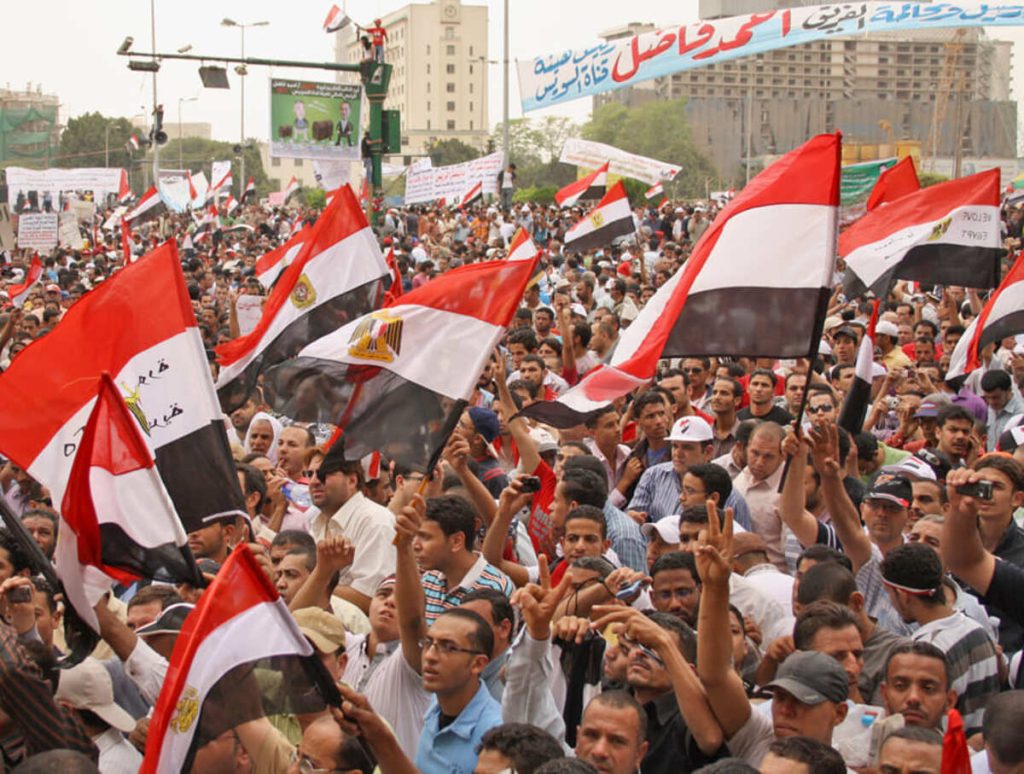
Despite the peaceful nature of the protests, the government and its allies attempted to provoke violence to delegitimize the movement. The most notorious of these efforts was the Battle of the Camel on February 2, 2011. Pro-Mubarak supporters, some on horseback and camels, attacked the protesters in Tahrir Square. Despite the chaos and violence, the protesters remained resolute and non-violent, refusing to be dragged into the conflict.
The square itself became a symbol of unity and resilience. It was not just a place of protest but a microcosm of a hopeful Egypt. Christians formed human chains to protect Muslims during their prayers, exemplifying interfaith solidarity. Groups of volunteers cleaned and swept the square, ensuring it remained a welcoming and organized space. Other groups guarded the entry points, ensuring the safety of everyone inside and preventing any potential infiltrators from causing disruption.
This remarkable organization and mutual support reflected the true spirit of the Egyptian people. Tahrir Square became a beacon of hope and a safe haven, even attracting hundreds of foreigners who came daily to witness and support the revolution. The world watched in awe as Egyptians showed their true colors: a united, peaceful, and determined people striving for a better future.
Ultimately, these protests succeeded in forcing Mubarak to step down on February 11, 2011. It was a moment of triumph and a testament to the strength and resolve of the Egyptian people. For the first time in decades, Egyptians felt a renewed sense of hope and empowerment, believing that they had the power to shape their destiny.
The revolution of 2011 remains a beacon of the Egyptian people’s desire for freedom, justice, and dignity. It showcased the incredible potential of a united middle class and the collective strength of a nation determined to create a brighter future.
Between 2011 and 2013, Egypt was on the brink of a new future, driven by educated citizens who loved their country and aspired for a better life for all Egyptians. However, the deep state had other plans. They sabotaged the only democratic experience in Egypt’s history since 3200 BC, when Egyptians freely elected their president for the first time.
To ensure the failure of this democratic experiment, they orchestrated fake riots, set fires in public libraries without holding anyone accountable, and organized a massacre at a football game where nearly 100 people were killed with no one brought to justice. The deep state continuously placed obstacles in the path of the elected government, which was inexperienced. The president’s orders were ignored, and eventually, he was unjustly imprisoned.
From 2013 to the present, the new regime has imposed its own agenda, targeting everyone who supported the 2011 revolution. Many were imprisoned, some were forced to leave the country, and others have simply disappeared. For the nation, the flow of the Nile across Egypt resembles a crack in the heart and soul of the country. The regime listens to no one and silences all dissent.
But the challenges didn’t stop at political repression and the suppression of free speech—they extended into the economic realm as well. Anyone not directly or indirectly connected to those in power faced significant hardships. A very small circle around the regime, including the military, police, corrupt judges, media figures, actors, and some athletes, reaped significant benefits, leaving no room for anyone outside that circle.
Inflation soared to unprecedented heights, and the value of the local currency plummeted. Over 55% of Egyptians now live below the poverty line, and the middle class is vanishing. For the first time in history, people are resorting to suicide, hanging themselves in the streets out of sheer desperation.
From being a country where no one went to bed hungry, Egypt has tragically transformed into a place where people search for food in garbage bins. The past 11 years have profoundly affected Egyptians. They laugh less, exchange fewer smiles, and share fewer jokes. The spirit of the nation has been deeply wounded.
It’s well-known to many, especially those who follow travel and culture through YouTube, that numerous YouTubers, explorers, and photographers who have journeyed through Egypt often focus on the negative aspects. These accounts frequently highlight issues with bureaucracy, tourist scams, and unhelpful officials, painting a rather unflattering picture of the country.
However, it’s crucial to understand that circumstances in Egypt have changed significantly over the past decade. These changes have unfortunately tarnished the once beautiful image of a vibrant and welcoming nation. Despite these challenges, I firmly believe that Egypt has the resilience and spirit to heal quickly.
The true essence of Egypt lies in its people’s exceptional smiles and generous spirits. When visitors encounter the genuine warmth and hospitality that Egyptians are known for, they quickly feel at ease and welcome. It’s this authentic charm that has the power to restore Egypt’s reputation and bring back the smiles and laughter of both locals and tourists.
With concerted efforts to address the current issues and showcase the country’s rich culture and history positively, Egypt can once again shine as a top travel destination. The resilience and hospitality of its people will be the key to rekindling that beautiful image and ensuring that every visitor leaves with unforgettable memories and a desire to return.
Frequently Asked Questions About Is Egypt Safe
Is Egypt safe to visit for tourists?
How safe are Egypt’s major cities like Cairo, Alexandria, and Luxor?
Is it safe to visit the Pyramids of Giza?
What about safety for solo female travelers?
Are the deserts and remote areas in Egypt safe?
Are there any travel restrictions or areas to avoid?
How safe is Egypt’s transportation system?
What about food and water safety?
Is it safe to walk around cities at night?
How do Egyptians treat tourists?
Are there scams or things to watch out for?
Is Egypt safe for LGBTQ+ travelers?
What should I do in case of an emergency?
What’s the best way to ensure my safety while traveling in Egypt?
Has Egypt become safer in recent years?
Explore The best of Egypt Experience
Egypt Travel Packages
Small Group Travel Packages
Private Day Tours
Group Day Tours
Multiday Adventure and Safari Tours

Faris is the passionate founder of Travel2Egypt, deeply connected to Aswan’s essence. He aims to share the true heart of Egypt through its rich history, vibrant culture, and the warmth of its people. Join Faris to experience the magic of Aswan beyond the usual tourist paths.

